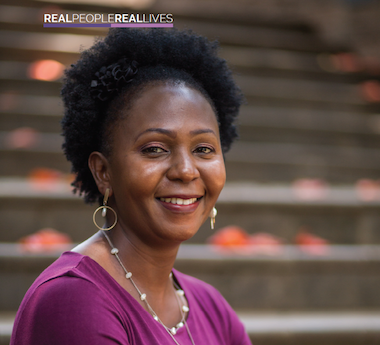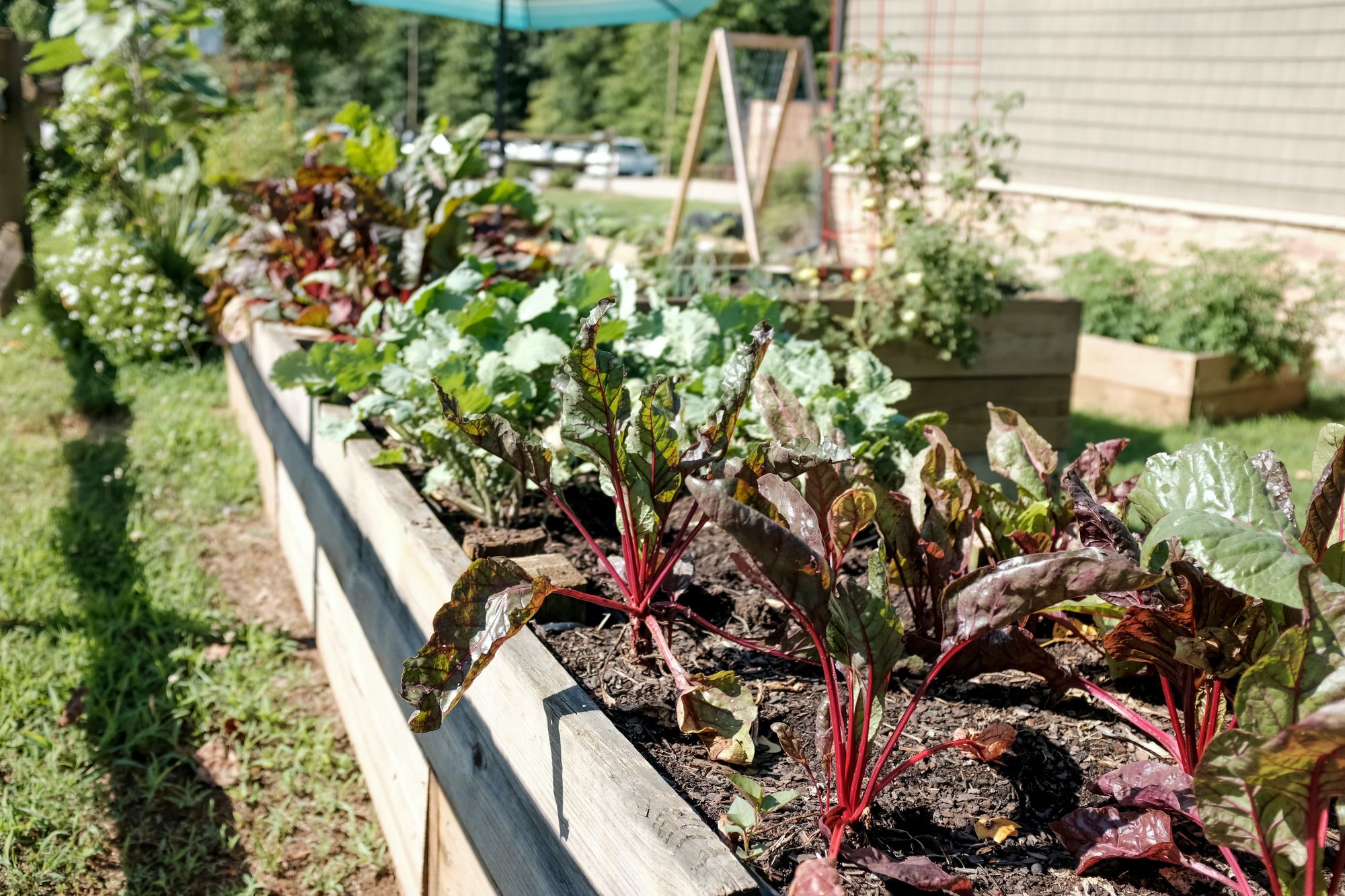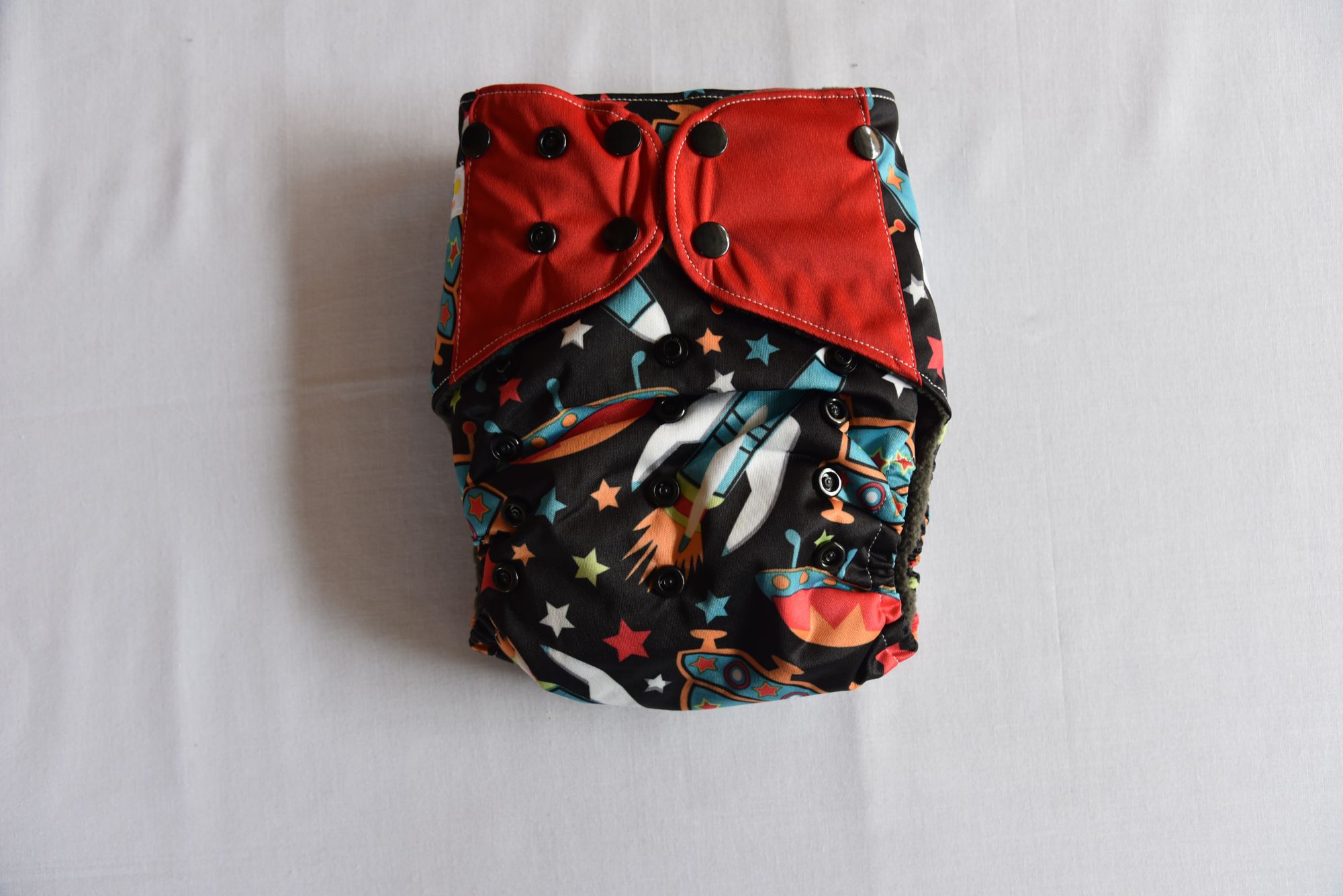Serah Munguti: Taking environmental conservation a notch higher

Serah Munguti, 44, traces her love for By wildlife from an encounter at the Amboseli National Park in her early years. Since her father worked as a mechanic in one of the hotels in Amboseli, they had a chance to visit him and on one of those visits, she witnessed the spectacular elephants’ dust bath. From the worker’s camp, which was situated at a higher ground, the scenes from below were a sight to behold for young Serah.
When her father, who was the breadwinner of the family passed on while she was in standard five, things certainly became challenging financially. Nonetheless, her mother held the fort as she had done earlier when her father was away at work. Her mother fended for Serah and her five siblings with proceeds from her farm in Makueni.
“My mother taught us to work hard. We worked on our farm and given how dry our home area was, we used to wait eagerly for the rains and we would plant on the first day of the rains. We didn’t give it, say, three days to test it out. As a result of how she brought us up, I am not a last-minute person and I am aggressive by nature,” says the Moi University graduate.
It is this aggressive nature that has seen her sail through even the hardest of the trials that life has thrown at her. Otherwise she would have become a school dropout due to lack of fees. Her boldness to speak up helped her secure a bursary from the school’s coffers. Secondly, the wildlife management course she undertook was no walk in the park but she saw it to completion.
Finding her place in conservation
All through primary and secondary school, she was an active member of the Wildlife Club, a testament of her love for nature. After graduating in 1999, she became a guide at a butterfly farm in Karen. Her work entailed showing tourists around on weekends. All the while, she was looking for a more stable job. She eventually found her way to the Institute of Primate Research, also situated in Karen.
“The director took me under his wing and had me help out in different projects. We even travelled to the Tana Delta, stayed around for a month tracking monkeys for a census. I then found out I was expectant so I had to go back to Nairobi,” she chuckles.
She took some time off after the birth of her son in 2001. The following year, she was back on the road looking for a job while her mother looked after her son back in Makueni. It was during this period that she came across Nature Kenya where, despite being turned down, she went back to seek audience with the executive director.
“This time round, I asked for a volunteering gig but I was categorical that I could not volunteer for free. It’s like something clicked and the executive director remembered a position that had been vacant for so long that everyone had forgotten about it,” she says incredulously.
The job was a programme assistant position but clearly was out of her depth due to lack of experience. She started out as an intern in February 2003 as she learnt the ropes. Seeking to grow in her field, she got a European Commission on Education scholarship for a Master’s in water and coastal management. With her son still staying with her mother, it was the best time to grab the opportunity with both hands.
As part of the pioneer class, Serah and her cohort of 10 from around the globe started off the programme in May 2004, dividing the 18-month course period between Portugal where she did the coursework and Spain for her thesis. On coming back, the executive director immediately acknowledged her potential and created a position for her as an advocacy officer in 2006.
“I’d explained to him that I would like to be more involved in natural resource management and in his wisdom, he conjured up the position although it was not clear what role I would play,” says the 44-year-old.
Defining moments
Since it was an entirely new position, for the first few months, all she did was attend meetings just to be aware of the topical issues in conservation. Nonetheless, it was not a smooth learning curve as being young and a woman in a male-dominated field had its fair share of challenges.
“I remember one plenary meeting where the speaker gave everyone else the chance to ask questions, ignoring my raised hand until someone else, who was his peer, pointed it out. My question opened up room for even more discussions,” she states.
Soon after, the time came for her to spring into action when the few flamingoes at Lake Natron came under threat by a developer. Besides the obvious environmental challenge that this posed, the legislation had come from neighbouring Tanzania. Joining forces with other conservation groups, Serah and her colleagues started agitating for the project to be cancelled by holding campaigns and speaking to the media. After a successful campaign, Serah’s title was reviewed to take on the communication role as previously Nature Kenya was not doing any sort of external communication.
Pushing for conservation through policy
The next bit that would cement her place in this field was the most challenging but certainly the most rewarding. In December 2007, they got wind that several foreign organisations were clamoring for the Tana Delta and naturally, their first move was to halt the project as there were no conservation systems or community consultation put forth. Between then and 2011, she was embroiled in setting up press conferences and meetings with the government, court cases and mobilising communities around the area to agitate for conservation of the Tana ecosystem.
“We went to the ground to talk to the communities and even went to the EU parliament to ask them to assess their policies which spelled doom for the Tana. Our lives were even threatened!” she narrates.
As the face of the campaign, she felt the brunt of the fire when a Canadian CEO flew down to threaten her for interfering with his company’s plans. However, with the backing of the EU, the company got delisted from the Canadian stock exchange.
Their light at the end of the tunnel, however, was a high court ruling in 2012 that declared that the local community had a right to be involved. Afterwards, she and her colleagues in the environmental space were able to organise a trip for all the stakeholders to the Tana Delta which was the genesis of a strategic land use plan that would benefit all.
It was during this time that Serah’s grit came into play and the success of the project was felt not just by the environment but the locals as well. However, the biggest milestone was when the land use plan she had helped put in place won an excellence award in 2016 and was to be used as a model for sustainable development globally. She was also nominated for the continental Tusk Conservation award in 2017.
In due course, communication being a very key aspect, was set aside as a stand-alone department after which Serah became the policy and advocacy manager.
Since taking up this role, Serah’s ultimate goal is to mainstream conservation such that non-environmental sectors can take the lead in conservation as according to her, it is costly for any sector to ignore nature in the quest for development. As such, through Nature Kenya, she works very closely will the government and private firms to ensure that development interests are taken care of without destroying the ecosystem.
“We realised that for us to be able to do our work, we needed to have the right policies in place and for them to be implemented, especially since most people consider conservation as a hindrance to development. As it is, when you are dealing with the government you need to have grit,” notes the natural resource policy expert.
Now a mother to a teenage son, Serah’s definition of parenthood as a single mom is being there for her child at all times. This, she says, has enabled her and her son to have a relationship that is founded on love and trust that those around them are always in awe of how open they are with each other. Her secret?
“It’s good for children to have the assurance that you will always be there for them, be it emotionally or physically showing up. Be the parent but also be the friend.”
Passionate about mentoring others, she urges young women, especially, to not wait for affirmative action but to intentionally work towards success.
“Nothing spectacular ever came out of the comfort zone. If you want success, believe in yourself, dare to be different and never underestimate the power of teamwork,” she says in conclusion.
This article was first published in the April 2020 issue of Parents Magazine







